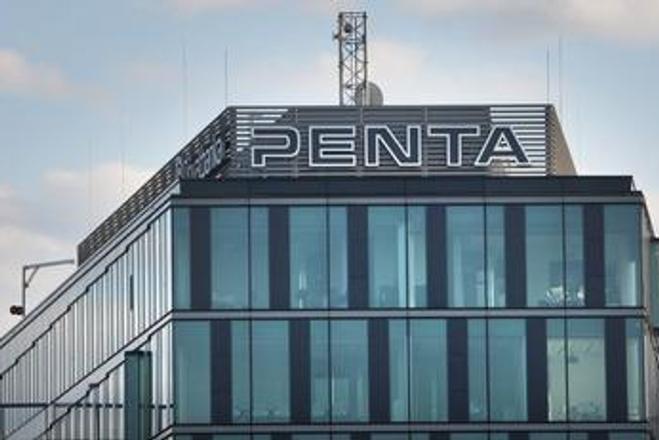Media can refer to, cite, and write freely about the infamous Gorilla file, describing the non-standard relations between high-ranking politicians and businesses, the Constitutional Court ruled.
It scrutinised the lawsuit submitted by the Penta financial group against the Hospodárske Noviny daily, which used a citation from the file in one of its opinion pieces, the Denník N daily reported.
The court issued its statement, written by the senate composed of Lajos Mészáros, Jana Laššáová and Sergej Kohut, on February 6.

“The existence of transcripts of the Gorilla file is unchallenged (the question of authenticity is a different matter),” reads the ruling, as quoted by the Sme daily. “The reference of a journalist to the Gorilla file, regardless of the authenticity being confirmed or not, thus provides a sufficient factual basis for the contested statements, the object of which is the assessment/analysis of the content of the file or conclusions drawn from it.”
The Gorilla file describes the alleged meetings between Jaroslav Haščák of Penta with various politicians in a flat on Vazovova Street in Bratislava between the years 2005 and 2006. They allegedly discussed or even took bribes, Sme wrote.
Penta and politicians have been challenging the contents of the file. The recordings found in the safe of controversial businessman Marian Kočner could prove its authenticity, according to the daily.

At the same time, the Constitutional Court has criticised the lower instance courts for demanding journalists to check the document’s authenticity.
“It is absurd to require journalists to replace law enforcement bodies in any way,” the ruling reads, as quoted by Sme. This would mean that journalists would not be able to cite from the file, which is “unacceptable in regards to freedom of speech protection”.
Disclaimer: The Penta financial group has a minority share in Petit Press, the co-owner of The Slovak Spectator.



 Penta residence in the Digital Park, Bratislava (source: Sme)
Penta residence in the Digital Park, Bratislava (source: Sme)